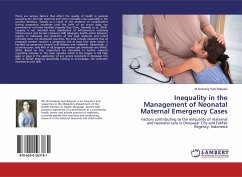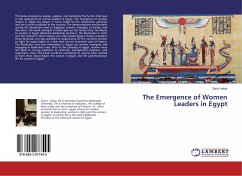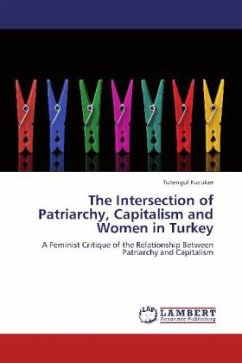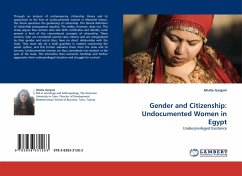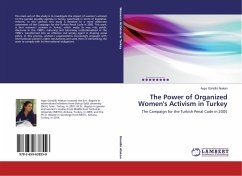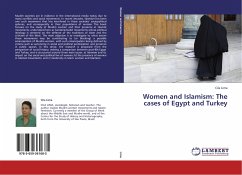
Women and Islamism: The cases of Egypt and Turkey
Versandkostenfrei!
Versandfertig in 6-10 Tagen
37,99 €
inkl. MwSt.

PAYBACK Punkte
19 °P sammeln!
Muslim societies are in evidence in the international media today due to many conflicts and social movements. In recent decades, Islamism has been one such movement that has interfered in these societies sociopolitical spheres, and consequently in their populations of women. This book focuses on the study of Muslim women and their presence in Islamist movements, understood here as fundamentalist movements whose political ideology is centered on the defense of the traditions of Islam and the criticism of the West. The main objective is to investigate to what extent these movements may be contri...
Muslim societies are in evidence in the international media today due to many conflicts and social movements. In recent decades, Islamism has been one such movement that has interfered in these societies sociopolitical spheres, and consequently in their populations of women. This book focuses on the study of Muslim women and their presence in Islamist movements, understood here as fundamentalist movements whose political ideology is centered on the defense of the traditions of Islam and the criticism of the West. The main objective is to investigate to what extent these movements may be contributing to (or blocking) a possible emancipation of Muslim women, with such emancipation being defined by criteria such as autonomy in social and political participation and presence in public spaces. In this sense, the research is proposed from the perspective of social history, making a comparison between post-80s Egypt and Turkey, and is structured around three main issues: a) Islamism andits impact on the social and political live of women; b) the presence of women in Islamist movements; and c) modernity in Islam: women and Islamism.



